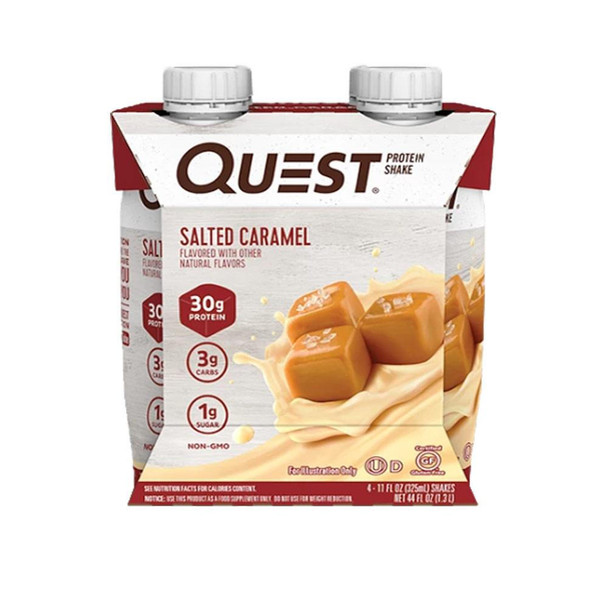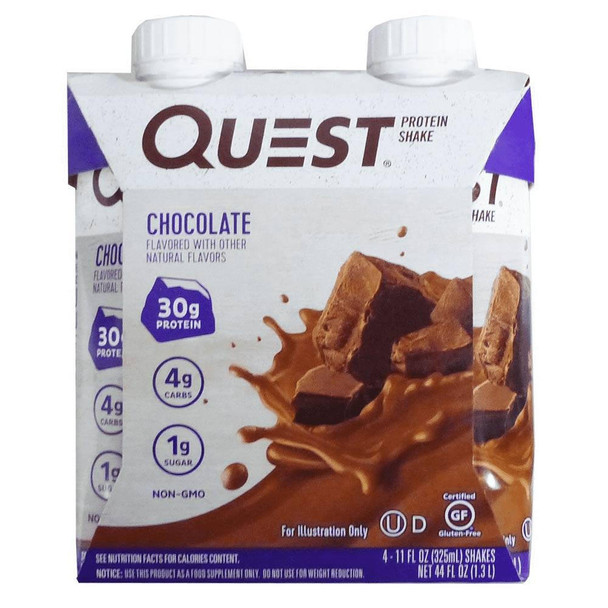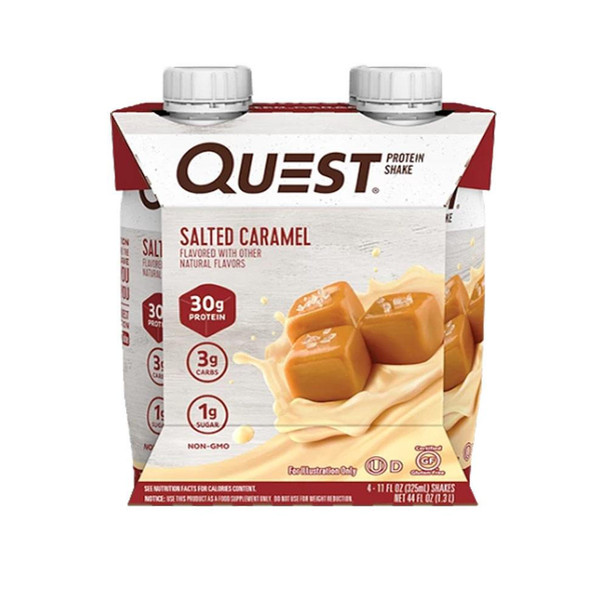

Quest Nutrition Quest Protein Chips 8/Box
Quest Nutrition
$17.89 - $23.95
RRP:
Quest Nutrition Quest Protein Chips 8/Box
Quest Nutrition Quest Protein Chips are the only chips you can enjoy at the gym without feeling guilty. Quest protein chips offer 21 grams of high quality...

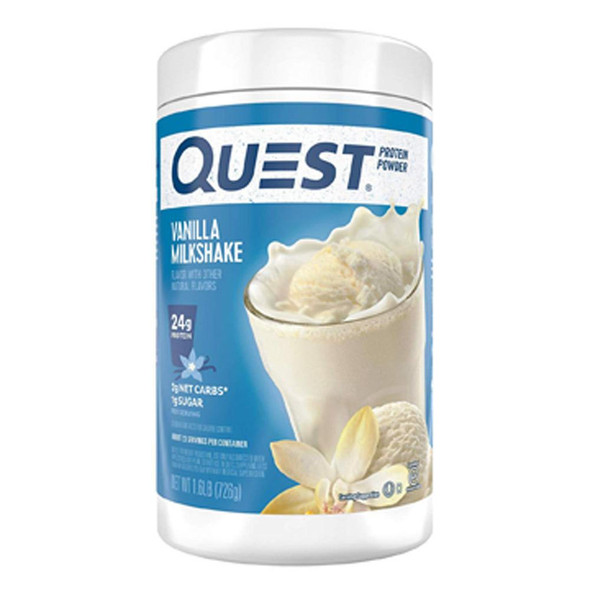
Quest Nutrition Protein Powder 1.6lb
Quest Nutrition
$34.99
RRP:
Quest Nutrition Quest Protein Powder 1.6lb
Quest Nutrition Quest Protein is great for shakes and baking as well as cooking. Qust has managed to transform High Quality Protein into a variety of tasty...


Quest Nutrition Quest Bar Protein Bar 12/Box
Quest Nutrition
$34.99
RRP:
Healthy Snacks - Quest Nutrition Quest Protein Bars 12/ Box
Have you looked everywhere but can't find a protein bar that actually tastes good, without an ingredient profile that looks like a candy...


Nurri Protein Shakes 12 Pack
$39.99
RRP:
Nurri Protein Shakes 12 Pack
Nurri Protein Shakes provide a whopping 30 grams of protein and only 1 gram of sugar. This p
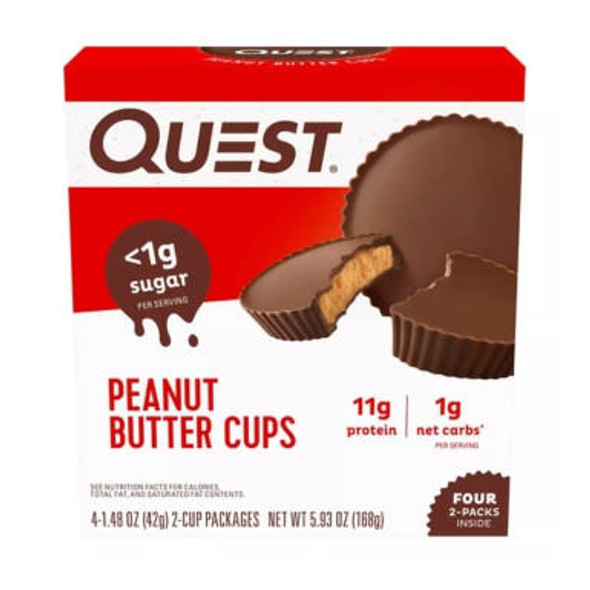
Quest Nutrition PB Cups 4/Box
$32.99
RRP:
Quest Nutrition PB Cups 4/Box
Quest Nutrition PB Cups are great snacks to satisfy your sweet tooth. Quest Nutrition PB Cups has less than 1g of sugar, a whopping 11g of protein, and 1g of net carbs...


5% Nutrition Shake Time 25 Servings
5% Nutrition
$44.99
RRP:
Real Food Protein - 5% Nutrition Shake Time 25/Serving
Don't have time to fix yourself a high-quality, whole-food protein meal? Mix up a real food protein shake with 5% Nutrition Shake Time!
5%...


Quest Nutrition Hero Bars 10/Box
Quest Nutrition
$2.90 - $34.99
RRP:
Quest Nutrition HERO Protein Bars
The Candy Bar Taste High in Protein, Low in Guilt!
Quest Nutrition is back with their best tasting protein bar ever. The new HERO protein bars taste just like your...




